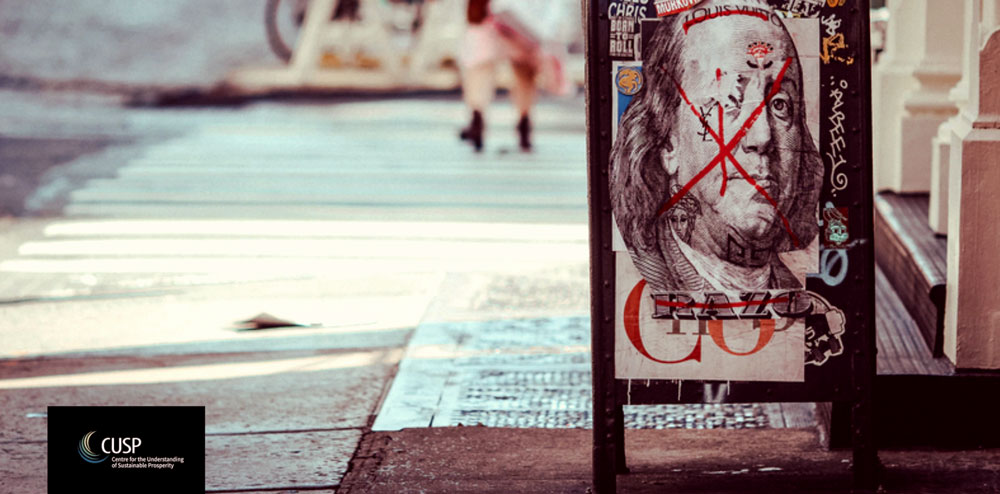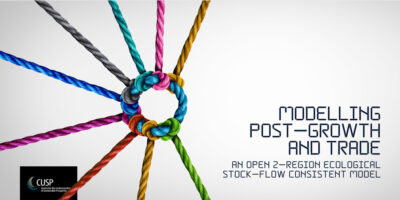After the Market?—Capitalism’s free lunches | Guest blog by Victor Anderson
The hold of market ideology has weakened over the past few years, Victor Anderson writes in his recent pamphlet for Compass where he’s exploring its loosening grip in practice, and what the prospects might be for current ‘progressive’ policy. This blog is summarising some of the arguments.
Guest blog by VICTOR ANDERSON

At first sight it seems strange that the most noticeable shift in politics since the financial crisis of 2008 and the growing obviousness of the ecological crisis during the 2010s has been the rise in right-wing populism, which has nothing to offer either for financial or ecological stability.
How can we explain this? And can we even also find an explanation that covers the financial and ecological crises at the same time? I believe we can, and I call the explanation “capitalism’s three free lunches”.
We live in an economy dominated by profit-seeking firms. There are two ways to make maximum profit: maximize your revenue and minimize your costs. The easiest way to minimize costs is very often to pass them on to someone else, or to the community and environment as a whole. This is what currently happens very systematically, in three main ways. Firms depend on –
- Skills of social co-operation between people, and the existence of society itself, including its basic features such as language and bringing up children and larger-scale features such as the development of nations, states, and laws.
- A reasonably stable financial environment, institutions such as banks and insurance companies, and arrangements for debt and interest.
- A reasonably stable physical environment, with ecosystems and climatic conditions that support life and economic activity.
All of these essentials the profit-maximizers currently get pretty much for free, and so of course the tendency is bound to be to draw on them without paying to replenish them or build them up. That is left for society and government to do. But when that doesn’t happen, and with the influence recently of neoliberal “free market” ideology it increasingly hasn’t happened, these underpinnings of the economy naturally run down and deteriorate.
We are living through the consequences. These have included a financial crisis, and the prospect of more, because the finance system has become geared to debt repaid with interest and is therefore dependent on continuing economic growth and vulnerable to any interruptions in it. We are also living through an erosion of nature and a shift in climates.
The running down of “social capital”, which is the third free lunch, largely through the casualization and insecure mobility of labour, has given us a third phenomenon in response: a social crisis which takes the form of a rise in ethnic nationalism (including Trump and Brexit) as a very problematic way of attempting to rebuild social connectedness. Of course that’s not the only way of responding to the running down of “social capital” but it is the way that has made the most political impact in recent years.
That’s a 500 word summary of a larger analysis, leaping over gaps of logic at breakneck speed, and not mentioning any conclusions which might follow for current “progressive” policy. Fortunately there is a longer and more thoughtful version of this argument available: my new pamphlet published by the Compass pressure group. ‘After the Market?’ is available via the Compass website: https://www.compassonline.org.uk/publications/after-the-market/



